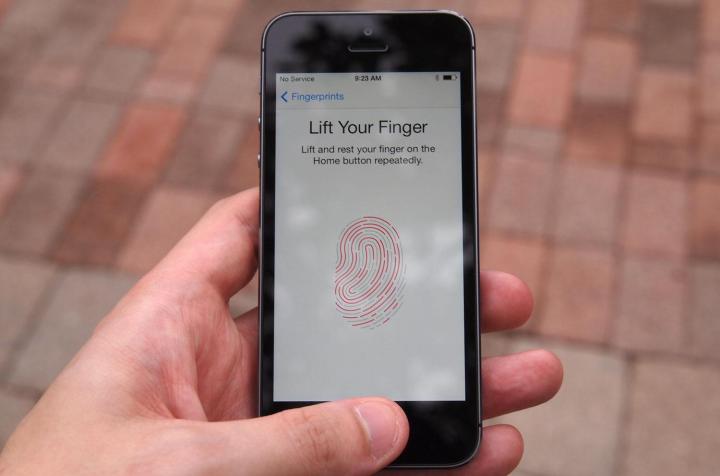
The ruling comes as no surprise to technology and legal experts who have long held that fingerprint sensors do not necessarily provide the same level of privacy as passcodes, especially in criminal investigations. Although the ruling was made in a lower level court and as such is hardly the last word on the matter, it does set a legal precedent that may be used in future cases.
Virginia Beach Circuit Court Judge Steven Frucci ruled that law enforcement officials can require that a criminal defendant to unlock his phone with his fingerprint during an investigation. The judge reasoned that using a defendant’s fingerprint to unlock a phone is the same as requiring the defendant to give up a fingerprint or DNA sample. The police can’t ask the same defendant to enter a passcode to unlock the phone because that’s considered knowledge, not evidence. Knowledge is protected by the Fifth Amendment, but physical objects, like fingerprints, are not.
The judge ruled on the matter during an investigation against David Baust, an Emergency Medical Services captain who was charged in February with attempting to strangle his girlfriend. The man’s lawyer argued that the police couldn’t force Baust to unlock his phone, even though the defendant is believed to have a video of the incident recorded on his phone. It’s unclear whether Baust’s phone has a fingerprint lock, a passcode, or both, according to the Virginian Pilot. If the device has both the fingerprint and passcode locks enabled, Baust’s phone will remain locked under the judge’s ruling.
